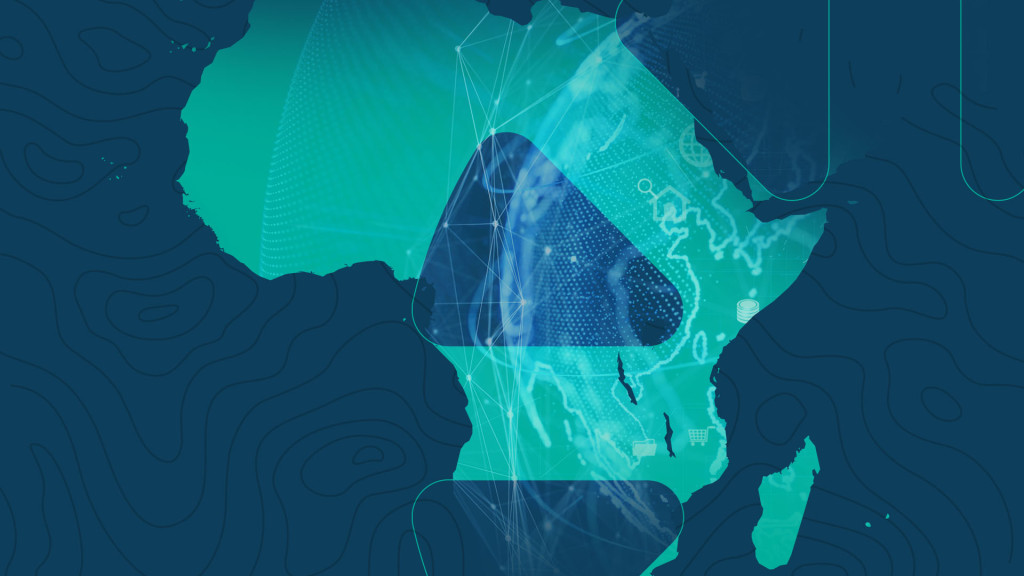2025 State of Internet Freedom in Africa report is out
A new report by CIPESA warns that while artificial intelligence is reshaping Africa’s digital landscape with promising opportunities for governance, innovation, and civic participation, its unchecked use threatens to deepen inequalities, expand surveillance, and restrict online freedoms.

The 2025 State of Internet Freedom in Africa report, published by CIPESA, explores how AI is reshaping digital democracy and rights across 14 countries. It finds growing use of AI in public services, media, and civic life – but warns that most African nations still lack the laws and oversight needed to ensure responsible use.
AI tools are improving tax collection, service delivery, and citizen engagement in countries such as South Africa, Kenya, and Tunisia. Civil society and journalists use AI to fact-check content and monitor disinformation. These advances, CIPESA notes, show how AI can expand access to information and strengthen transparency.
Yet the same technologies are being used for surveillance, censorship, and manipulation. The report cites examples of AI-driven facial recognition and predictive policing in Zimbabwe and Kenya, and warns that deepfakes and election disinformation threaten online trust. Poor content moderation and biassed algorithms, often trained on non-African data, risk excluding entire communities.
CIPESA calls for human-rights-based AI governance, urging governments to adopt clear legislation, transparency measures, and independent oversight. Without such action, it warns, Africa risks letting AI deepen inequality and erode democracy rather than advance it.


